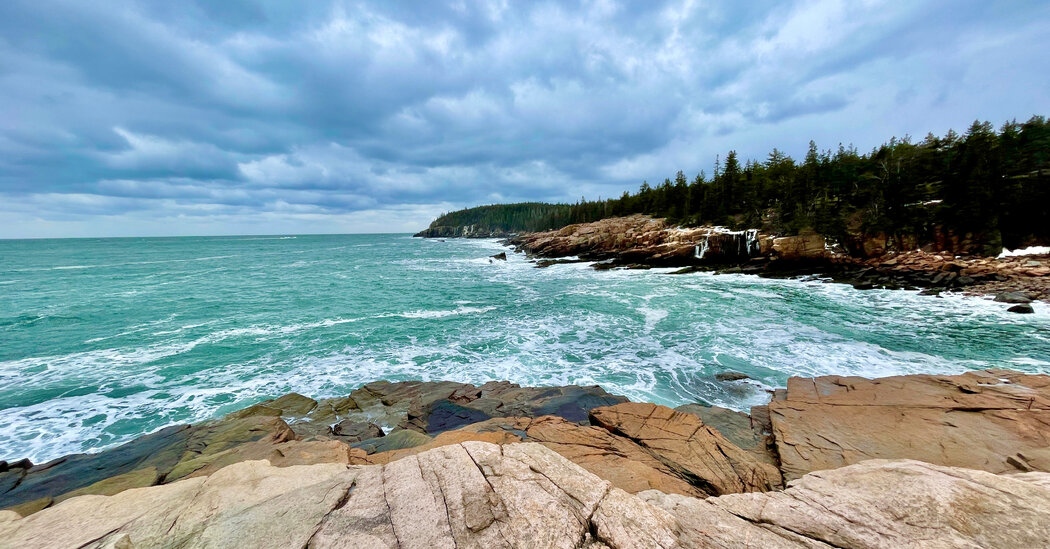
In case you haven’t heard, national parks in the United States have been busy in recent years. Record-breaking busy. But one way to enjoy the bounty of a national park without unwelcome company is to get into the backcountry on a day hike.
“In the backcountry, you get away from the crowds and the infrastructure,” said Scott Cundy, co-founder of Wildland Trekking, a company that offers guided hiking and backpacking trips in national parks and around the world. “You can experience the core nature of these places, and really get an understanding of why they were chosen as national parks. ”
Backcountry is a loose term for a remote, undeveloped and sometimes hard-to-reach area. Though national parks, which were established around environmental conservation, often include extensive swaths of backcountry, most park goers visit only the major places and attractions reachable by car or shuttle.
There is an understandable intimidation factor when it comes to backcountry exploration; the deeper you get into the wilderness, the farther you are from help should something go wrong. Opting for a guided trip offers the reassurance of expert support on the trail, but you can still immerse yourself in nature with a backcountry hike on your own.
Preparation is vital. Mr. Cundy suggests doing ample research in advance, both of the terrain you’re hoping to cover and the specific seasonal conditions. That will direct you to the proper clothing — which, ideally, will be moisture-wicking, easily layerable and provide sun protection — as well as any equipment you might need. For longer hikes, consider bringing devices for water filtration and satellite communication, a portable charger for your phone and a first aid kit. Regardless of how much distance you plan to cover, good, thick socks and comfortable, sturdy footwear are essential, and hiking poles can be useful for balance. Talking to (or hiking with) someone experienced in the backcountry is always wise, as is talking to a park ranger before you set off.
“We encourage visitors to plan ahead by checking weather forecasts, carrying plenty of water and salty snacks, wearing adequate sun protection and understanding their physical and medical limitations,” said Joelle Baird, a public affairs officer with Grand Canyon National Park.





